Swan Christian College Houses
When you join Swan, you will be welcomed into one of our Houses. Swan Christian College Houses have a rich history and team spirit. The names of the Houses are based on great Christian leaders in Western Australian history. Our House is here to support you in whatever you pursue — be it sports, culture, or pastoral care. We want to make sure that you feel supported and encouraged as you work together as a team.
House Carnivals & Competitions
Sports carnivals are organised at a House level and an interschool level.


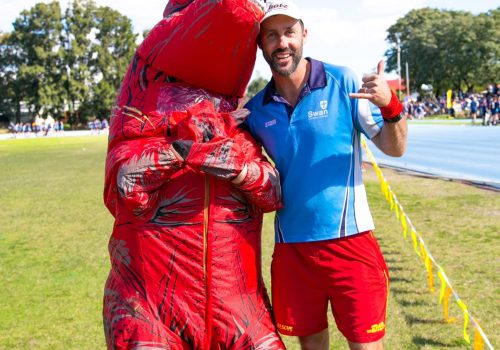

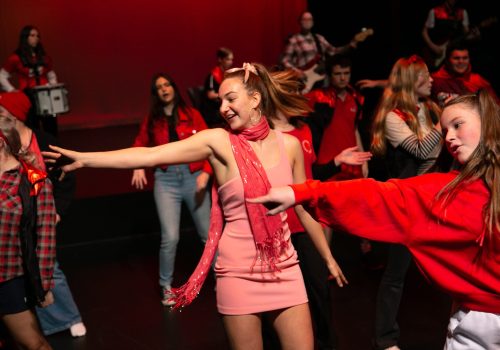

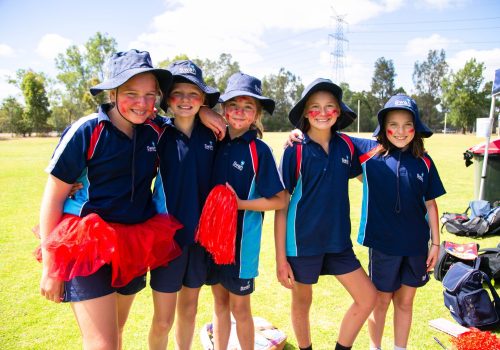

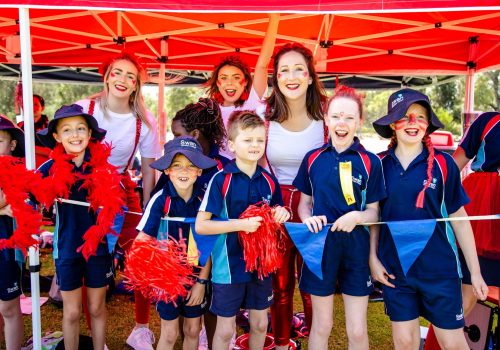

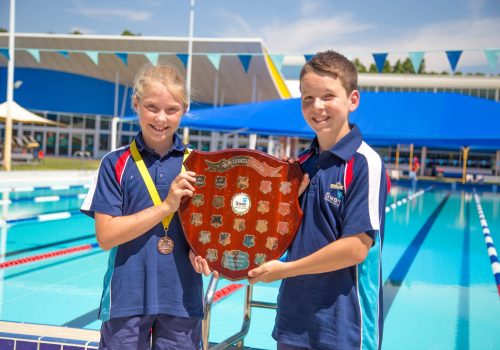

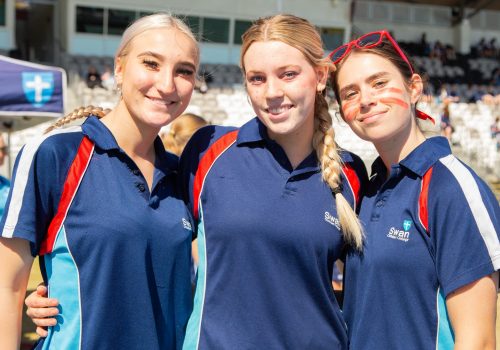

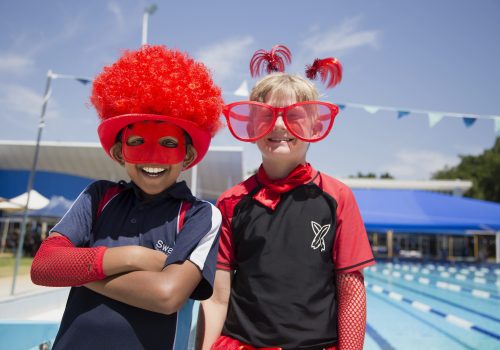

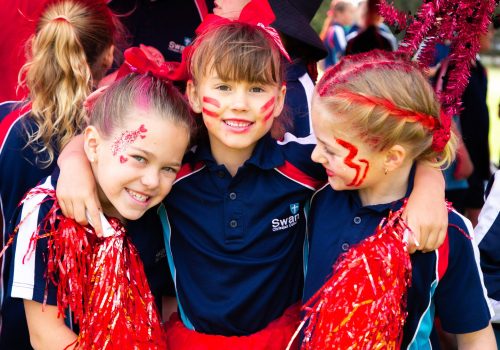

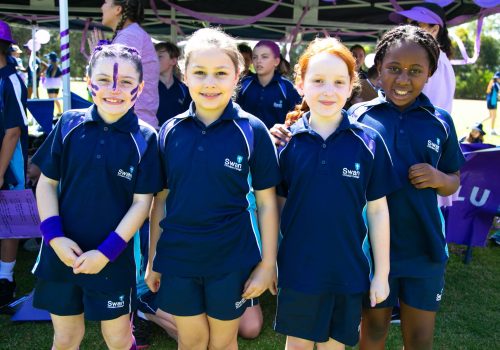

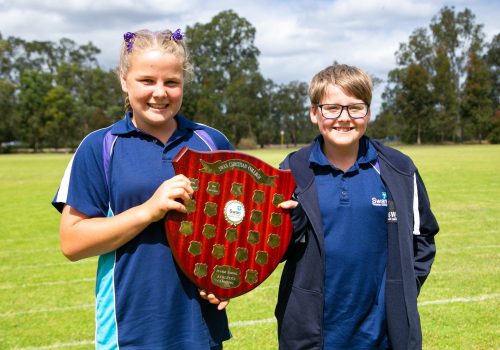

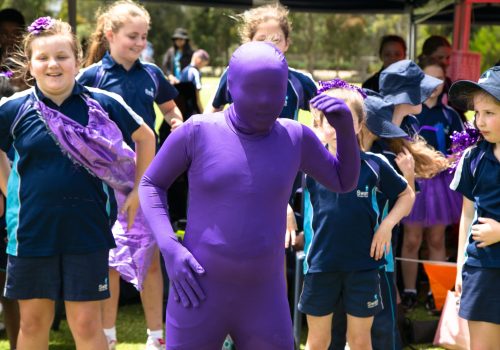

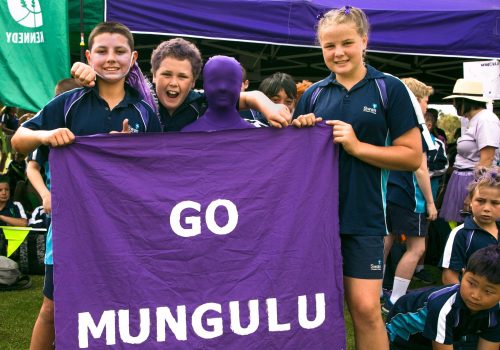

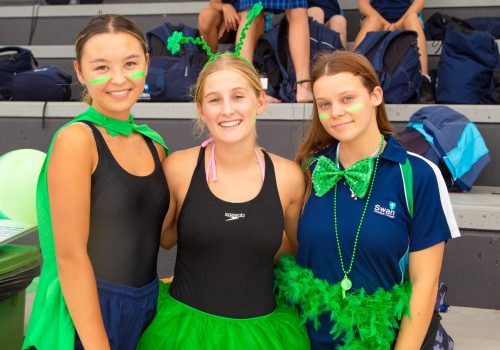

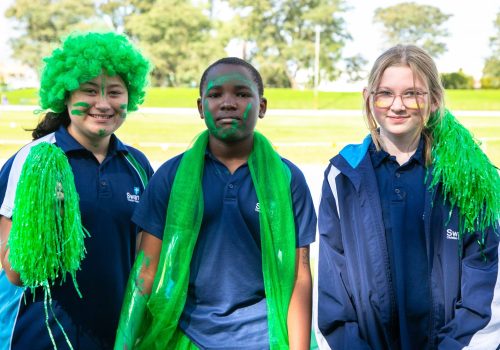

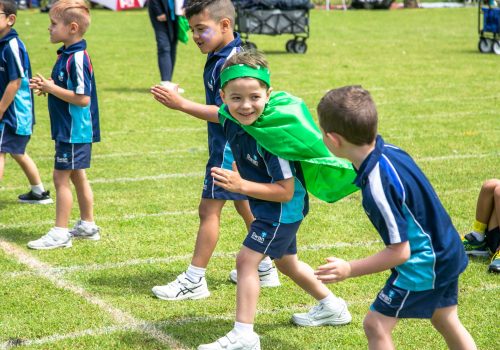

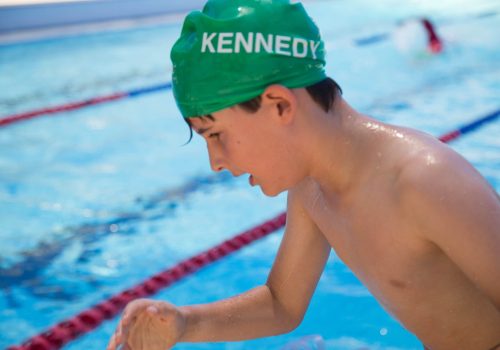

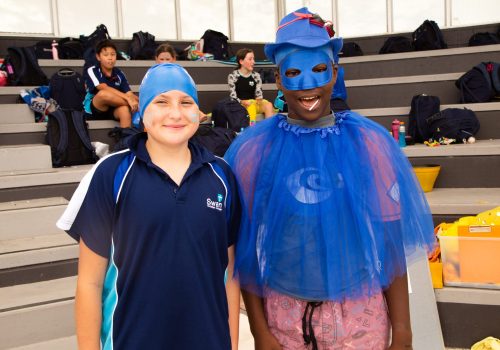

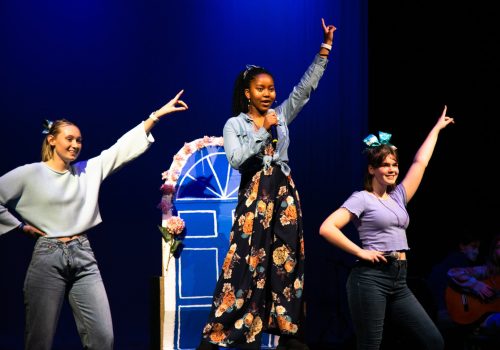

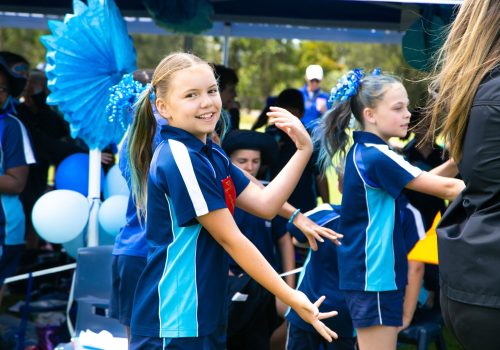

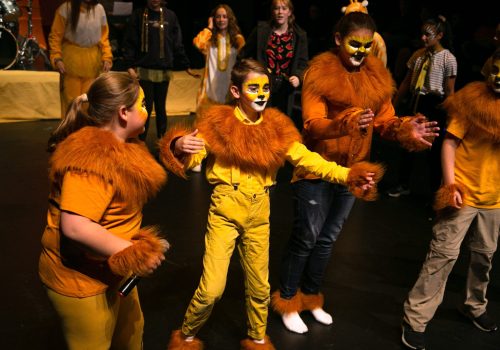

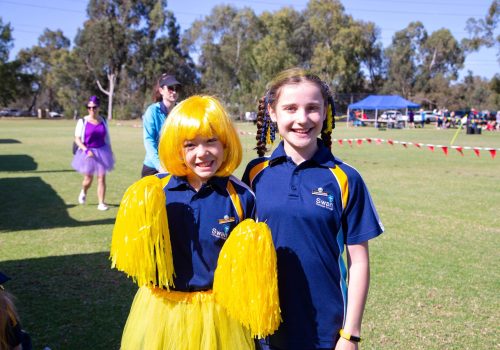



These are considered important events in the College calendar and participation in these is an honour. The Houses at Swan Christian College are: Bell, Bennett, Kennedy, Mungulu and Shenton. These Houses operate through sporting activities and cultural activities.
Each House is coordinated by the Head of House and House Captains. Each year there is a Swimming and an Athletics carnival organised on a House basis. Each House selects its competitors through competition before the Interhouse Competition. Other activities, such as fun runs and the lunchtime House competitions are organised on a House basis. Other House Activities include Debating, Drama and Chess Competitions.
History of the College House Names
The names of our Houses come from important Christian leaders in Western Australia’s history. Be inspired by their remarkable stories of overcoming challenges through their faith in God.
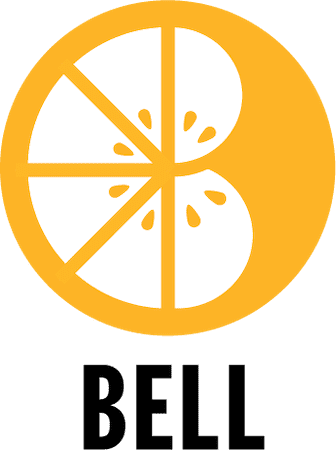

Albany (Peter) Bell
Businessman and Benefactor (b. Perth, WA, 24 April 1871; d. Perth, WA, 14 September 1957)
Albany Bell was a successful businessman and generous philanthropist whose life was dedicated to glorifying God. Born into a foundation family of the first Church of Christ in West Australia, he was baptized in the Swan River and soon had several branches in the city and other towns, followed by a chain of restaurants. He served as secretary, chairman, deacon emeritus and Sunday school superintendent in the Church, and was a Justice of the Peace.
He was a major supporter of the YMCA, Silver Chain Nursing Association and Perth Hospital Board, and worked tirelessly to improve the lot of the Aboriginal people, making a large contribution to the Roelands mission station. His hospitality and enthusiasm were legendary, and he is remembered with lasting gratitude, affection and respect.
Mary Montgomery Bennett
Teacher of Aborigines (Mt Margaret, 1932 – 42)
Mary Montgomery Bennett was an educated lady from Queensland who devoted her life to the welfare of the Aboriginal people. Her father’s kind and fair treatment of them had shaped her attitude as a child. After her husband’s death in World War I, she returned to Australia and adopted the whole Aboriginal race as her family, showering them with love, resources and efforts to improve their lives.
She believed the Aborigines were precious in God’s eyes, capable of anything, and her Christian beliefs were the foundation for these views. In 1930 she wrote The Aboriginal as a Human Being, advocating for their rights. In 1932 she moved to Mt Margaret Mission, WA, to teach the Aborigines, forgotten children of the desert. She used advanced teaching methods and made each child feel valued, achieving remarkable results. Throughout her life, she corresponded with government and welfare groups to improve Aboriginal rights, and was beloved by the children she taught. Mary Montgomery Bennett’s work still has an impact today.
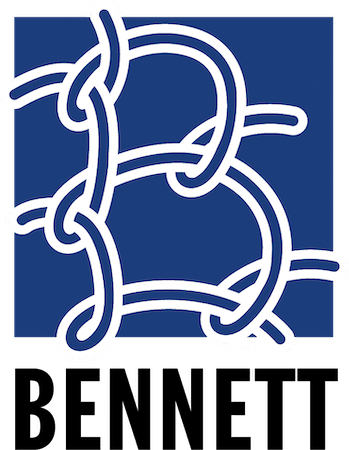

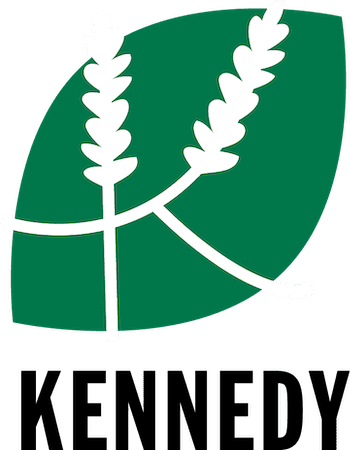

William Kennedy
Baptist Minister (b. Oxley, Victoria, 1868; d. Pingelly, WA, 26 April 1929) Kennedy
Born the sixth child of farming parents, Kennedy was a pioneering pastor in WA’s Great Southern region, serving in Katanning (1898-1901), Boulder City (1901), Narrogin (1902-07, 1909-11, 1923-24), Woodanilling (1907-09), Pingelly (1911-13), Midland Junction/Bellevue (1914-15) and as YMCA chaplain at Blackboy Hill army camp (1916). He and his wife Ada, the first Baptist wedding in WA, had two children.
His passion was for bringing the Gospel to developing agricultural districts, and he worked tirelessly to build churches in Katanning, Narrogin, Woodanilling, Pingelly and Maracoonda, advocating self-help and participating in their construction. He also encouraged Home Missioners to participate in civic affairs. Despite deteriorating health, Kennedy spent five years working with farmers and the hills district. He was a born leader who enthused others with his preaching of the Gospel.
Alan Mungulu
Aboriginal Community / Church Leader (b 1925; d. Derby, WA, 21 February 1978) Mungulu
Alan Mungulu’s parents were traditional Worora Aborigines from the Kimberley region. His father worked closely with the Rev J R B Love at the newly established Port George IV Mission, promoting peaceful dispute resolution and ending painful rituals.
Mungulu was baptised with his parents and sister, Elkin, on Easter Sunday 1929. He attended the mission school, learning literacy and practical skills. He later worked as an engineer on a mission lugger, but contracted polio and had to move to Perth for treatment. There he perfected his skill in pearl shell carving. Alan married Gudu and had six children. The mission was moved to Wotjulum and then Mowanjum, and Alan was ordained an elder of the Presbyterian church. He ran the mission store, conducted classes and was chairman of Mowanjum Community Incorporated until his death in 1978. Despite mobility issues and community pressures, Alan was sustained by his faith and was known for his care, understanding, wisdom and love. He also contributed to the development of a handcraft industry at Mowanjum, carving designs on emu eggshells, pearl shells and boab nuts. Alan was remembered at his funeral for his great contributions to church and community.
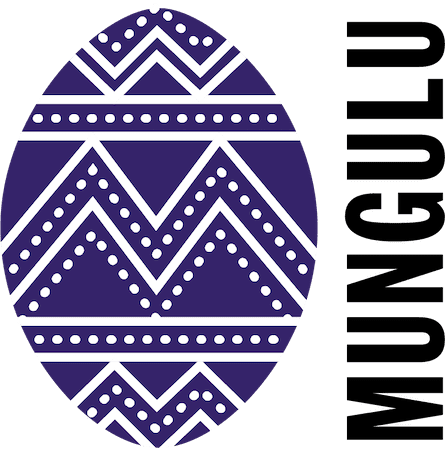

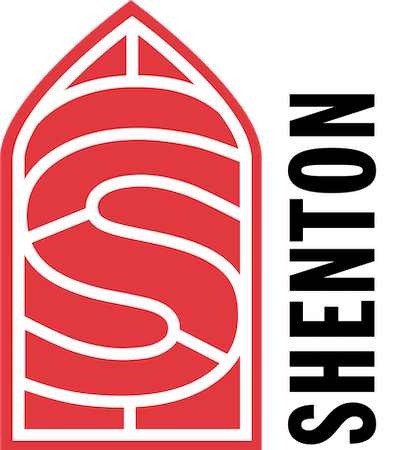

Sir George Shenton
Wesleyan Businessman/Politician (b. Perth, WA, 6 December 1840; d. Perth, WA, 20 June 1909) Shenton
Sir George Shenton was a pillar of the community in Perth. He served for many years as a member of the Legislative Council and was the first mayor of Perth in 1880. He also established Shenton Elder & Co, which later became Elder Smith & Co. Upon his father’s unexpected death he took upon himself the business and financial responsibility for the building of the new church on the corner of William and Hay Streets.
In honour of his father, Sir George donated 1000 pounds to the Wesley Church Building Fund and ordered the first pipe organ for the colony. He saw too that his father’s wish that the new church be called Wesley Church was fulfilled. He also donated a larger pipe organ in 1909 and a stained-glass memorial window in the chancel of Wesley Church. A committed Christian, Sir George and his family were often seen walking towards Wesley Church at 10.45am. His faith and work had a great influence on the entire community.

